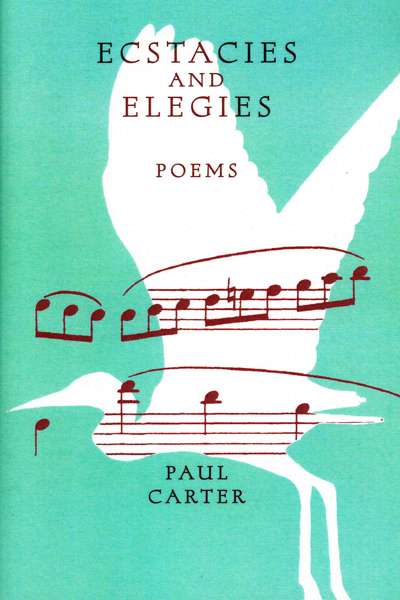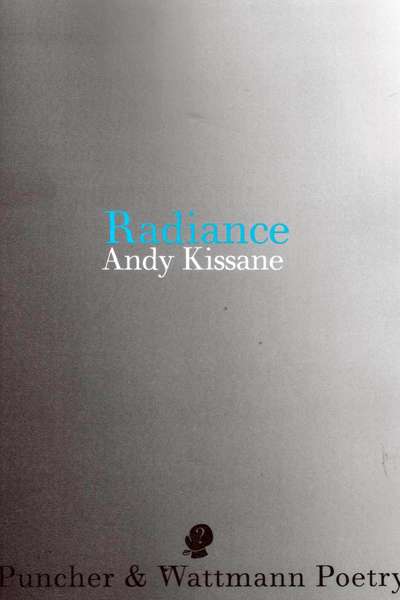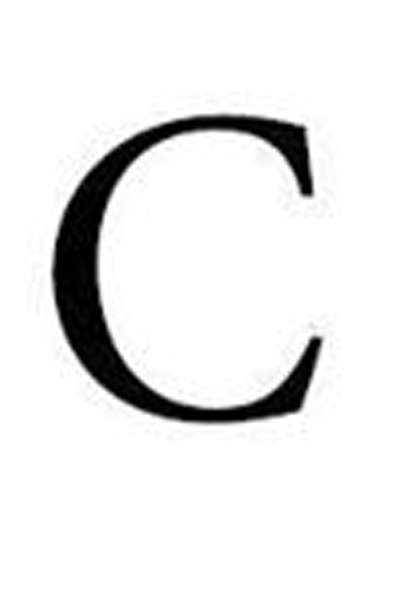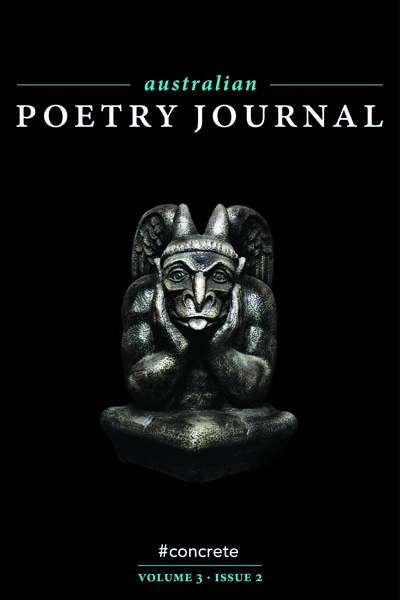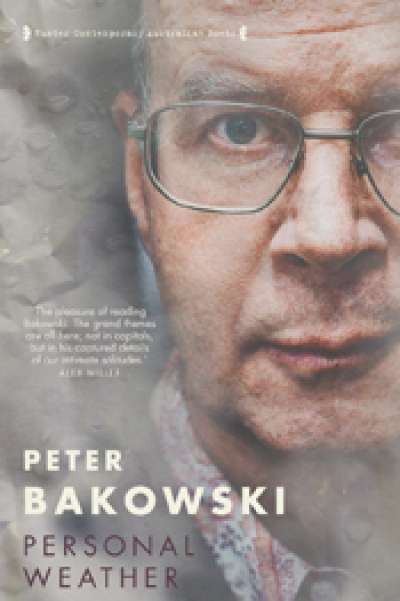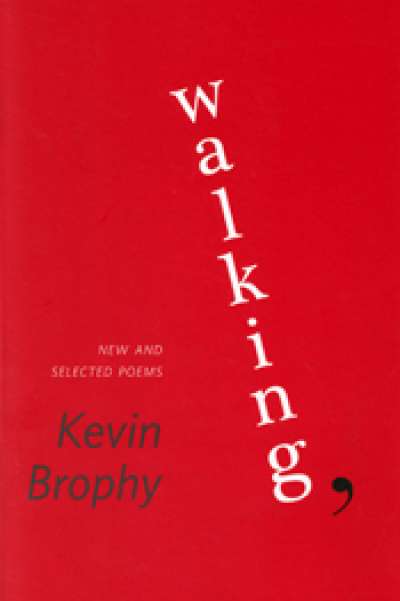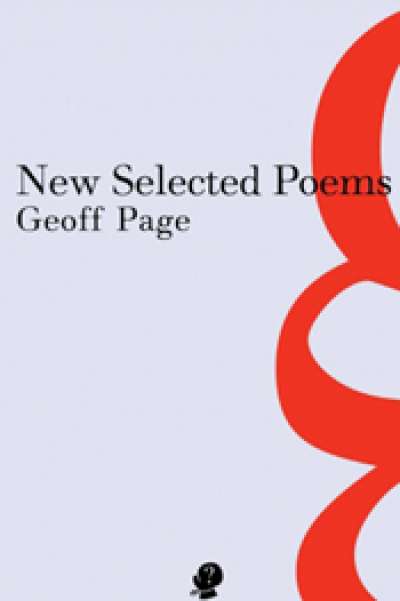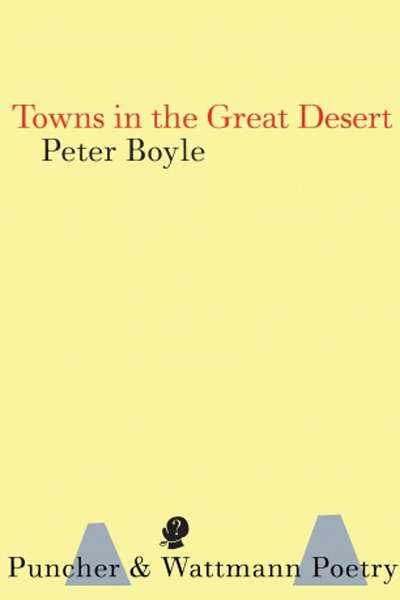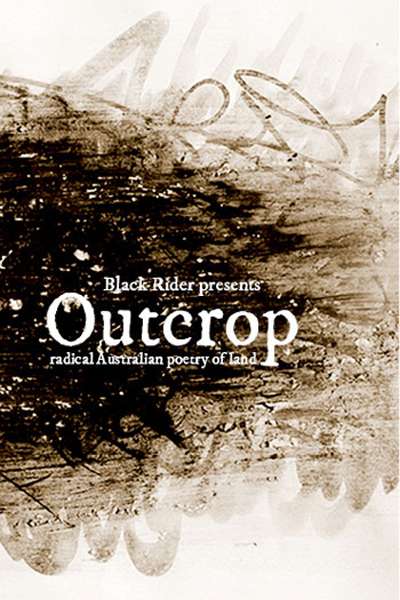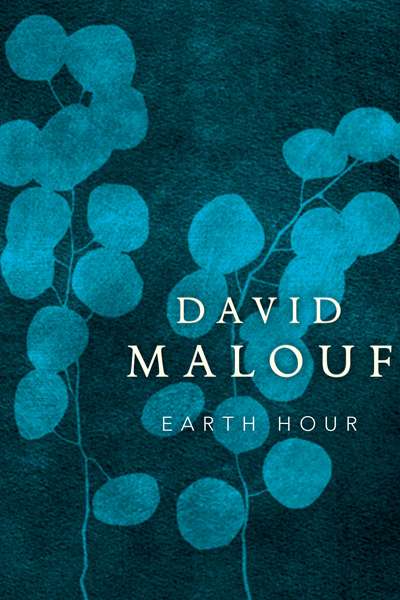Poetry
It may seem strange to begin a review of Paul Carter’s extraordinary poetry collection by quoting the words of another writer, but these lines of Boris Pasternak’s – taken from his essay in The Poet’s Work (1989), a collection of writings by twentieth-century poets on their art – seem particularly pertinent:
... (read more)Andy Kissane’s fourth collection, Radiance, is a heartening answer to those who, like publisher Stephen Matthews, lament that ‘many modern poets choose to shroud their work in point-scoring obscurity at a time when clarity and accessibility might encourage more people to read poetry’. Kissane doesn’t address this issue directly, but his book is an important negative instance.
... (read more)Cordite Poetry Review: Issue 46.0 edited by Kent MacCarter
The latest edition of this exclusively online poetry journal has no theme, but Cordite’s managing editor, Kent MacCarter, makes a virtue of its lack of subject. He builds the edition around a chapbook he has collated that is called ‘Spoon bending’, arguing around and against the proposition that ‘There’s no such thing as a good poem about nothing’, and opening with a splendidly effervescent argument in favour of hybridisation and play in poetry.
... (read more)Australian Poetry Journal: Vol. 3, No. 2 edited by Bronwyn Lea
My first encounter with concrete poetry came via Apollinaire’s Calligrammes (1918), specifically his eye-catching poem ‘Il Pleut’. With its gently cascading words falling down the page, it was immediately clear that the typographic arrangement of the poem was of far greater import than its semantic content.
Although the term was not coined until the 1950s, concrete poetry draws upon traditions as diverse as ancient Greek shaped poems, Lewis Carroll’s ‘The Mouse’s Tale’, and the typographic experiments found in early twentieth-century Dada and Futurist publications. Despite this, concrete poetry has historically fallen between the cracks of various critical discourses. Is it art or is it poetry?
... (read more)Personal Weather is Peter Bakowski’s seventh collection, yet he remains impossible to categorise. His is a distant relative of Ken Bolton’s conversational style, while also a close cousin to central European poetry. His poems can be three-page narratives or urbanised haiku. Above all, Bakowski is a poet of wonder – wonder at the contradictions and complexity of life as it passes him by. He is also very personal, both in his use of the autobiographical ‘I’ and in his idiosyncratic takes on more objective material.
... (read more)Melbourne often seems an indeterminate place, with one flat suburb leaching into another. Writers tend to use place as local colour, the places themselves having little to say, in most cases. Kevin Brophy is an exception, and, especially in this ‘new and selected’ collection, a revelatory one. John Leonard have done great work in putting so many of Brophy’s poems back into print, alongside new work. (For typography buffs, ‘Walking,’ also has a superb cover, looking at which has exactly the same effect as reading the poetry.)
... (read more)Twenty pages from the end of his New Selected Poems, Geoff Page imagines being ‘an heir of Whitman’, and muses that ‘I think I could turn awhile and write like the Americans, / they are so at ease in their syllables, irregular as eyelids, / various as the sea’. These lines are so cleverly Whitmanesque that the idea seems momentarily plausible. Only an astute reader will stop to think that the sea is hardly various at all – and how irregular are eyelids? Page’s poem, we might realise by this stage of the book, is presenting wry, understated humour, and this is one way in which he seems a deeply Australian poet, utterly unlike the Americans.
... (read more)Towns in the Great Desert, a New and Selected, may be the collection that defines Peter Boyle. Among Australian poets, Peter Boyle is an exotic, one who is likely to be read far into the future.
... (read more)Outcrop: Radical Australian Poetry of Land edited by Corey Wakeling and Jeremy Balius
Radical histories often balance political ideas and actions on a see-saw of progressive liberal ideology on the one hand, and a thumbs-down rejection of the ‘old guard’ on the other – a challenge to perceived obsolete, lazy, or contaminated ways of seeing, doing, or being. When I encountered the word ‘radical’ in the title of Outcrop, its rich polit ...
David Malouf turns eighty this month, improbably. To mark his birthday, UQP has published a new poetry collection by Malouf. ABR Poetry Editor reviews Earth Hour in this issue.
... (read more)
